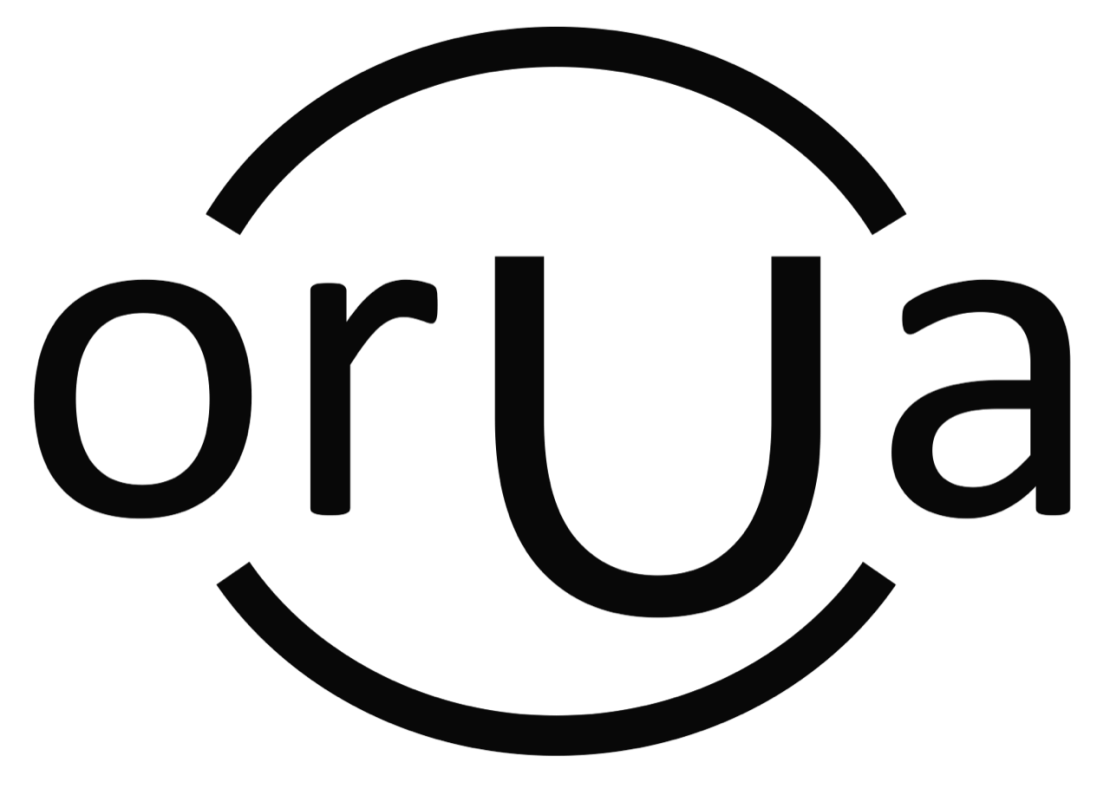Summary
Presenting the concept of digital ecosystems, platforms that integrate data stores, digital twins, artificial intelligence and mixed reality to empower communities.
Ka mahia tenei rangahau ki nga whenua me nga wai o Te Kawerau a Maki me Ngāti Whātua Ōrākei me Ngāti Porou. Tēnei ka mihi! This research takes place on the lands and near the waters of Te Kawerau a Maki, Ngāti Whātua Ōrākei and Ngāti Porou. We acknowledge them!
We acknowledge that the concept of connections within place are a taonga from mātauranga Māori and are grateful to Dion Pou for sharing this knowledge from Māori.
Wikipedia defines digital ecosystems as:
“A digital ecosystem is a distributed, adaptive, open socio-technical system with properties of self-organization, scalability and sustainability inspired from natural ecosystems.”
The Digital Ecosystems Project reimagines digital ecosystems into a concept inspired by Te Ao Māori and rooted within the idea of community. They bring together technologies for:
- collecting and managing data, e.g., Internet of Things (IoT), and data repositories;
- modelling and understanding systems, e.g., digital twins;
- predicting system behaviour, e.g., AI; and
- engaging with systems and data, e.g., virtual reality.
This combination of digital technologies is created in partnership with individual communities to empower each community’s involvement in important decisions affecting them. In addition to benefits for each individual community, similar digital twins can be connected together to address regional, national and global issues such as climate change and access to healthcare.
This concept of digital ecosystems arose from projects employing emerging digital technologies such as data stores, digital twins, artificial intelligence and mixed reality in areas of improving health, addressing severe weather (due to climate change), and taiao kaitiakitanga | caring for the environment. The values behind the digital ecosystems concept are:
- Diversity & Participation: New (digital) solutions to complex problems should be created together with contributions from everyone

“This is a time of opportunity… a chance to use technology to overcome gaps”
“Digital modernisation means using data and digital in a new way. Let’s climb this mountain together.”
“‘Mindset debt’ not tech debt biggest barrier to reform”, eHealthNews.nz, 3 Dec 2023
- Exploration & Playfulness: Being able to engage and experiment with solutions is an effective way of problem solving
“Putting my ideas where I can actually see them and having them work right in front of me cos if you run experiments and try to figure out the world I’d say you’re a scientist”
- “Measure Twice, Cut Once”: Strategic thinking (the “what”) must include consideration of the operational layer (the “how”)
“Amateurs talk strategy and professionals talk logistics.”
General Omar Bradley, an American commander during World War II
- Community Empowerment: (Digital) technology should improve equity in access not exacerbate inequities
“Technology must be used to overcome, not widen gaps in healthcare access and outcomes.”
Director General of Health, Aotearoa | New Zealand, Dec 2023
- Respect of Sovereignty: (Digital) technology should
“Nothing about us, without us”
Indigenous Data Sovereignty, Mitacs, Jan 20, 2022
International Day of Disabled Persons, United Nations, 2004
Digital ecosystems empower communities to explore strategy and logistics in the same conversation. They empower communities to be like a tamaiti haututū, i.e., to be playful, curious, busy and active in understanding their world and making decisions about it. By using digital ecosystems communities can identify ways to overcome issues like gaps in healthcare. They are a new way of using data and digital that enable people to work together to find solutions to today’s complex challenges.

